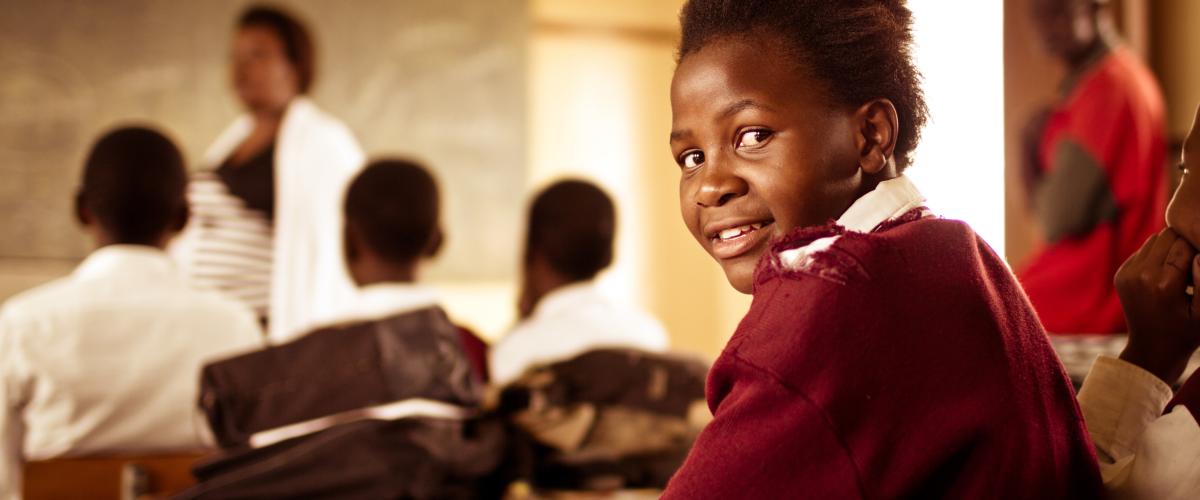Colombia’s vulnerability to disasters and climate-related shocks presents a formidable challenge to its efforts to provide safe and resilient housing. Even as it has achieved significant progress in addressing the lack of housing, the government recognizes the importance of also ensuring the quality of its housing. Approximately 23 percent of all Colombian households live in substandard housing units that are highly vulnerable to climate impacts.
With the support of GFDRR and the World Bank, a technical team provided analytical work and advisory services to the government of Colombia to address this challenge. Equipped with new insights provided by this support, the government has strengthened its approach to addressing housing resilience and disaster risk reduction.
First, the team conducted a deep dive assessment of the housing sector in Colombia, emphasizing the need for the government to include more home retrofitting and holistic neighborhood improvement. Summarized in the report Striking a Balance, this approach deviated from the government’s existing approach of focusing on new construction. Importantly, the report highlighted that, while 80 percent of families in Colombia need improvements to preexisting housing units, a staggering 98 percent of the country’s $600 million annual housing budget has been spent on the construction of new housing.
This misalignment in Colombia’s housing budget has had three adverse consequences. First, it led the Colombian government to spend more money than it needed to on its housing program. Second, the vast majority of the budget failed to reach the poorest. And third, the emphasis on new housing contributed to an unnecessary and excessive carbon footprint. The team’s dialogue with the Ministry of Housing, City and Territory played a vital role in driving and informing several critical budgeting and policy changes by the Colombian government that have strengthened its approach to housing resilience. In 2022, the country’s budget for home improvement increased from $12 million per year to $460 million. At the same time, the government placed a new emphasis on enabling housing improvements in line with strict resilience standards.
Furthermore, the distribution of the Colombian housing program’s resources, including for resilience-building, also shifted geographically to target populations in the lower income brackets. Moreover, the team engaged with the government to streamline the operational requirements for resilience improvements to the housing sector. The World Bank’s $136.7 million Resilient and Inclusive Housing Project, which received technical assistance from GFDRR, served as an entry point for this engagement. The team initially introduced operational requirements for resilience to the project that financed homes for roughly 13,000 families. These requirements were then adopted and streamlined by the government into its broader national housing program—expanding their reach to homes for the 400,000 families covered by that program. To cite just one example of the streamlined operational requirements, all construction works now have to meet new resilient standards, including the requirement for urgent structural strengthening that must be completed before any other upgrade is undertaken.
But can these numbers be magnified even further? With support from GFDRR, the World Bank, and the International Finance Corporation (IFC), the Colombian government is now working to address two of the main issues showcased in the Striking a Balance report. First, the government is taking steps to adopt the right policy mix for ensuring resilient housing—including new housing, improved housing, or rental housing as needed—while also complementing government subsidies with loans. All this could potentially reduce the total cost of closing the housing quality gap in Colombia from $36 billion to $2 billion.
Second, with the support of GFDRR, the government is exploring more decentralized methods for implementing its program for resilient housing. One such method under consideration is for local governments to play an active role in locating, planning, and executing housing projects. In order to incentivize and empower local governments to do so, a payment-for-results scheme is also under consideration. These more decentralized methods have the goal of extending support to an additional 1.5 million people in various municipalities across the country.
GFDRR’s engagement on resilient housing in Colombia has played an important part in ushering in much-needed changes in the nation’s housing and disaster risk reduction strategies. By driving critical budget, policy, and operational reforms, the facility’s support has paved the way for a safer and more resilient future for Colombians.

View more results stories from fiscal year 2023 in GFDRR's Annual Report 2023.
